|
By Allison Crowe, See the Triumph Co-Founder
Loveisrespect.org (2015) reported that over 80% of parents of teens either do not believe that teen dating violence (TDV) is an issue that teens face, or do not know whether it is an issue for teens. This statistic suggests that many parents may not understand TDV, and are not aware of how to best support their children if they suspect an abusive dating relationship. However, we know that parents play a huge role in their teens’ lives! Parent-child communication is an important protective factor for teens. Because of this, one of our newest resources at See the Triumph is a Discussion Guide for Parents who want to talk to their teens about dating violence but who might need a little extra help on getting these discussions started. Talking about dating, intimacy, and relationships is one of the ways to establish honesty, communication, and openness so that something like teen dating violence never occurs. The following 3 tips and suggestions are offered to assist how to establish and continue the routine of having these types of open conversations in families. This list of tips is by no means exhaustive – it is just a few ideas that come to mind for how to sustain good habits for open dialogue. #1 Set aside time as a family to check in with one another. Whether this is at the dinner table, on a particular night of the week, or whenever you have a hunch that it might be a good time to talk, reach out to your teen (or teens, reach out to your parent). Consider this a “check-in” to see how the other is doing, how their day at school/work went, etc. Sometimes a small issue can get resolved or explored before it gets bigger when it’s discussed early. This could be as simple as, “Is everything okay with you?” or “How has your week been?” Or you might use a more structured question such as “What was everyone’s best moment this week and what was everyone’s worst moment this week?” Additionally, remember to talk about issues that are going on around you – in the news, the community, in your personal circles, etc. Open discussion on a regular basis provides opportunities for everyone in the family to share, talk openly, and practice healthy communication. The more you practice, the easier it gets! Soon, you might notice that talking in this way feels more natural and comfortable. #2 Use “I messages” rather than “You messages.” When you are talking about yourself and your feelings and thoughts, remember to own them as yours rather than talk about the other person in the scenario. For example, teens, if you want to tell your parent about someone you are dating that your parent doesn’t seem to approve of, you might say: “I feel excited about this new guy I am dating, and it’s frustrating that you don’t seem to approve” rather than: “You don’t like this new guy I am dating….” Using “I messages” helps the listener feel less defensive and able to hear what you are saying. It also helps you really hone in and focus on yourself in the situation. #3 Respect each other. Parents, as much as you might still see your teen as your little girl or boy, remember that he/she is in the process of becoming an adult. Teens should feel respected by parents (and vice versa), so remember to actively work on showing each other that you respect and value each other as individuals. Parents, ask your teen about his or her opinions and thoughts on matters, respect him/her as you discuss, and convey this to each other so that the other person feels valued. Teens, remember that your parent wants to feel respected and valued as well. Consider how you can convey this too. These 3 tips are simple ways to keep the conversation going about dating, intimacy, and relationships. These are difficult topics, so it might take ongoing efforts as a family to talk about them. If it’s difficult at first, keep practicing! Healthy communication skills might take a little while to get the hang of. Overall, remember that these small conversations can pave the way to bigger, more serious ones down the road. Parents, parent-child communication is a huge protective factor for teens, so establish these discussions early on and keep these conversations going! By Amy Milsom, See the Triumph Guest Blogger School-age children and adolescents unfortunately are exposed to many types of violence on a regular basis – we only need to look to the news to find examples. Most students have witnessed or experienced bullying at some point in their lives, often at school, but sometimes at home or in the community. Other students might be trying to cope with things like being abused by their boyfriends or girlfriends or witnessing or experiencing violence in their homes. School counselors are a good resource for parents and students to turn to in relation to violence. Their job is to look out for and offer support to the students in their school. How can school counselors help? Well, there are a number of ways: 1. School counselors can offer support and counseling to students who have experienced or witnessed violence. If a student wants to talk about how to get out of a violent relationship, school counselors can help them explore options. If a student has experienced violence or bullying in school or at home, school counselors can help them report those incidents when needed. They also can provide counseling to help students cope with their experiences or learn how to respond to those who hurt them. They might work with students individually, or in situations where a number of students are dealing with similar concerns, they might pull together small groups of students who can serve as supports for each other. 2. School counselors also can help students who act as bullies or who exhibit violent behavior – and can help their parents as well. Nobody wants to admit that their child is a bully, but many children and adolescents exhibit violent behavior at school and at home, and parents often feel at a loss about how to help. They might even feel embarrassed that they cannot control their child. Although sometimes there are things parents can and should do in order to provide more structure or more consistently enforce rules, in most cases there are other reasons that students act violently. School counselors can help parents understand their child’s behavior, determine if there are any strategies they could implement at home to make a difference, and meet with the student as needed in order to address the behaviors. 3. Although the types of activities school counselors offer will vary from school to school, most will engage in what are referred to as preventative or educational activities. For example, elementary school counselors might offer classroom lessons to students related to topics like helping them learn how to recognize and deal with bullying or how to manage anger in healthy ways. Middle and high school counselors might focus more on sharing information related to safe and healthy relationships. The intent of any lessons would be to share information or teach students skills that hopefully would help them either avoid or be more prepared to cope with violence-related situations in the future. 4. School counselors also serve as a point of contact and source of information for parents. They might offer parent workshops on topics related to violence or share information through newsletters or on their websites. Through individual meetings with parents, school counselors help clarify school policies related to bullying and violence, and they also can provide information to parents related to how to help their child, what warning signs to look for, and when they might seek additional help for their child or for themselves. 5. One final way that school counselors can help is to point parents and students to resources in the community. For example, they can connect families to community resources related to domestic violence or make referrals to mental health counselors who can provide long-term therapy related to victims of abuse and violence or to students who exhibit violent behaviors. The main point is that school counselors are available to help all students – and parents should feel comfortable seeking out their assistance if they have questions or concerns related to violence. School counselors are able to provide short-term counseling and support to students and they are knowledgeable about local resources that might be of benefit to students or parents.  Amy Milsom is a professor of school counseling at Clemson University and a former middle and high school counselor. She has provided counseling to many school-age children and adolescents who experienced violence or who were perpetrators of violence. |
Archives
July 2024
CategoriesAll About Intimate Partner Violence About Intimate Partner Violence Advocacy Ambassadors Children Churches College Campuses Cultural Issues Domestic Violence Awareness Month Financial Recovery How To Help A Friend Human Rights Human-rights Immigrants International Media Overcoming Past Abuse Overcoming-past-abuse Parenting Prevention Resources For Survivors Safe Relationships Following Abuse Schools Selfcare Self-care Sexual Assault Sexuality Social Justice Social-justice Stigma Supporting Survivors Survivor Quotes Survivor-quotes Survivor Stories Teen Dating Violence Trafficking Transformative-approaches |
Search by typing & pressing enter


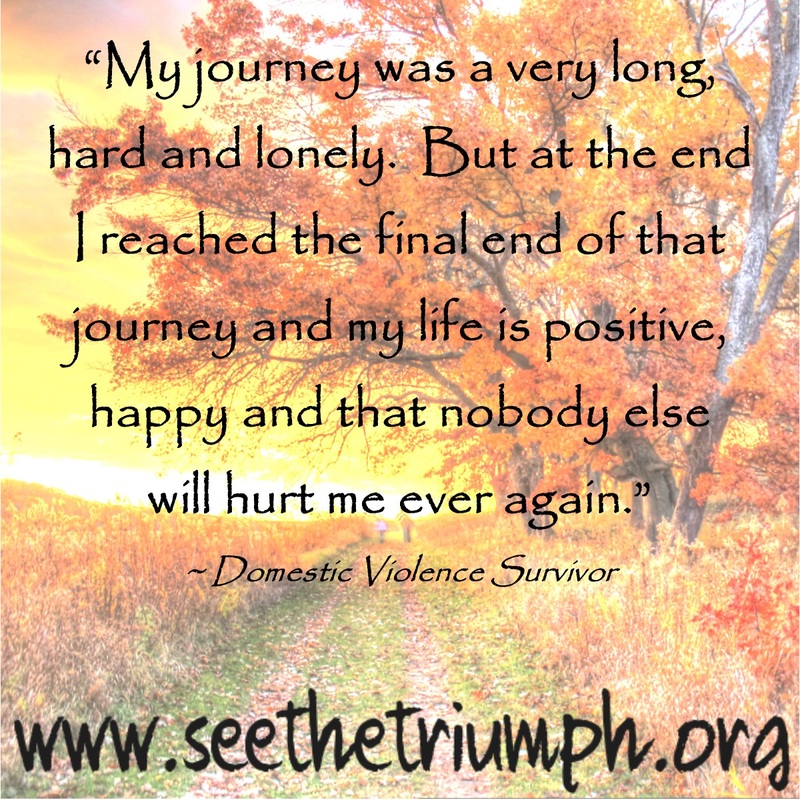
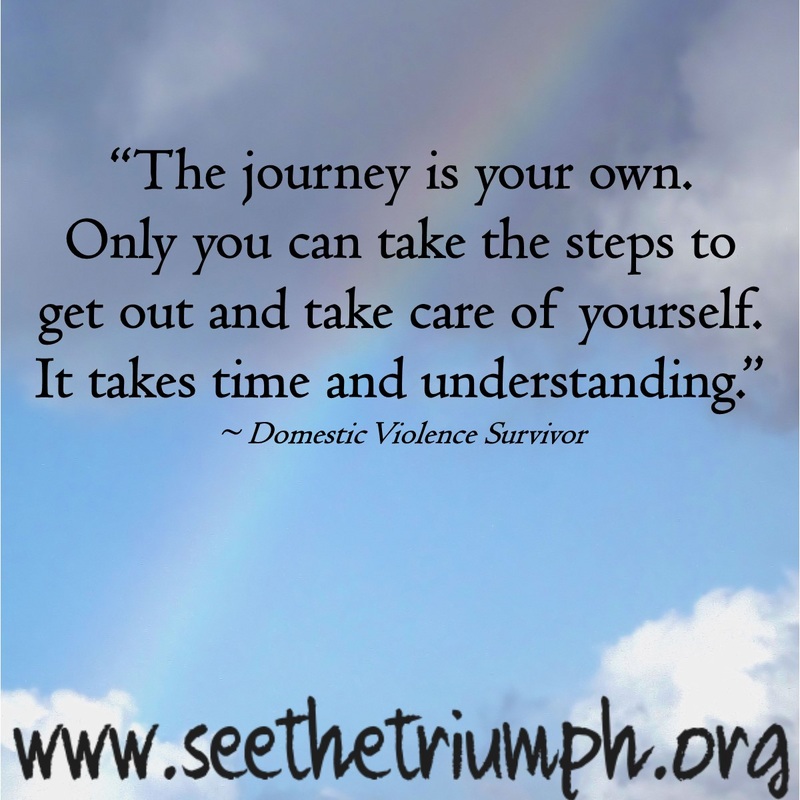
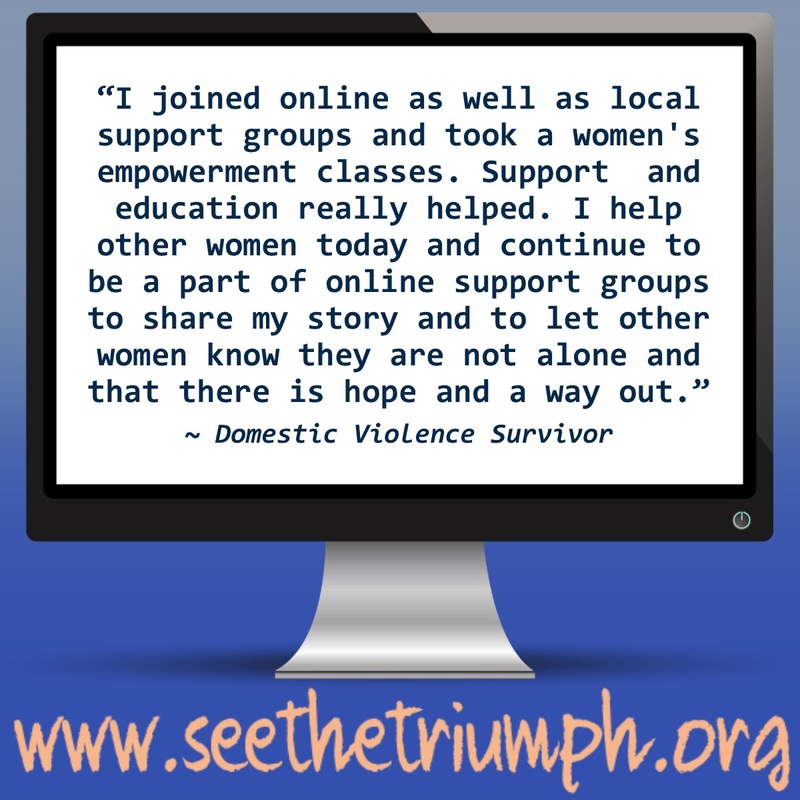
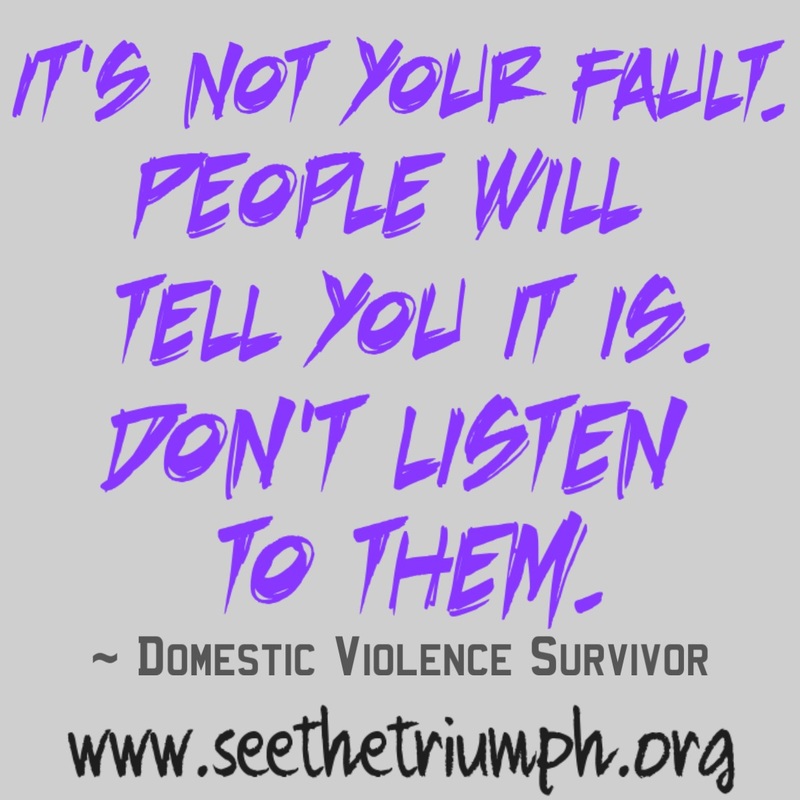

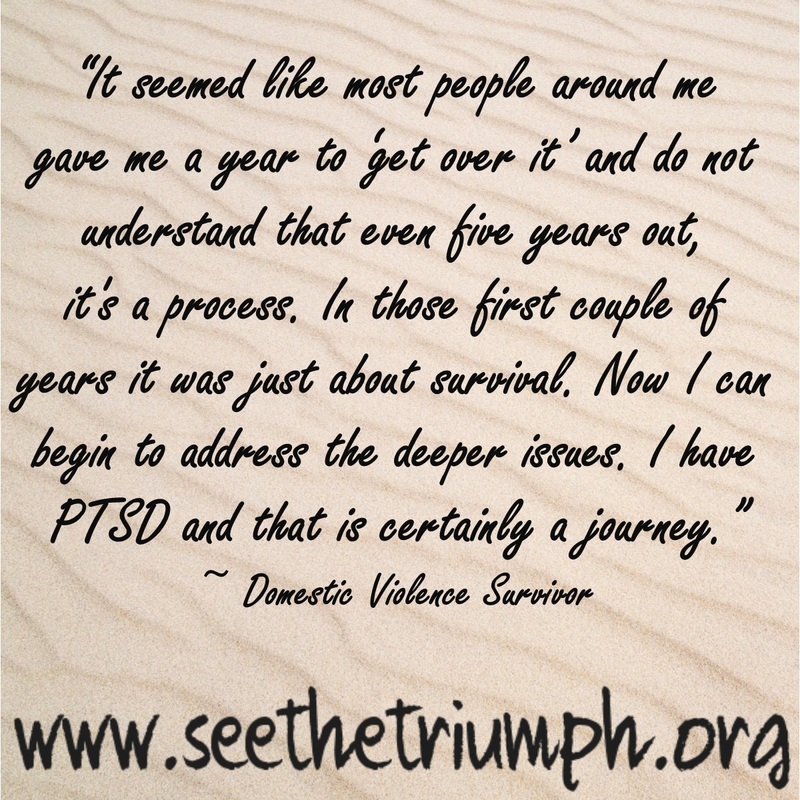
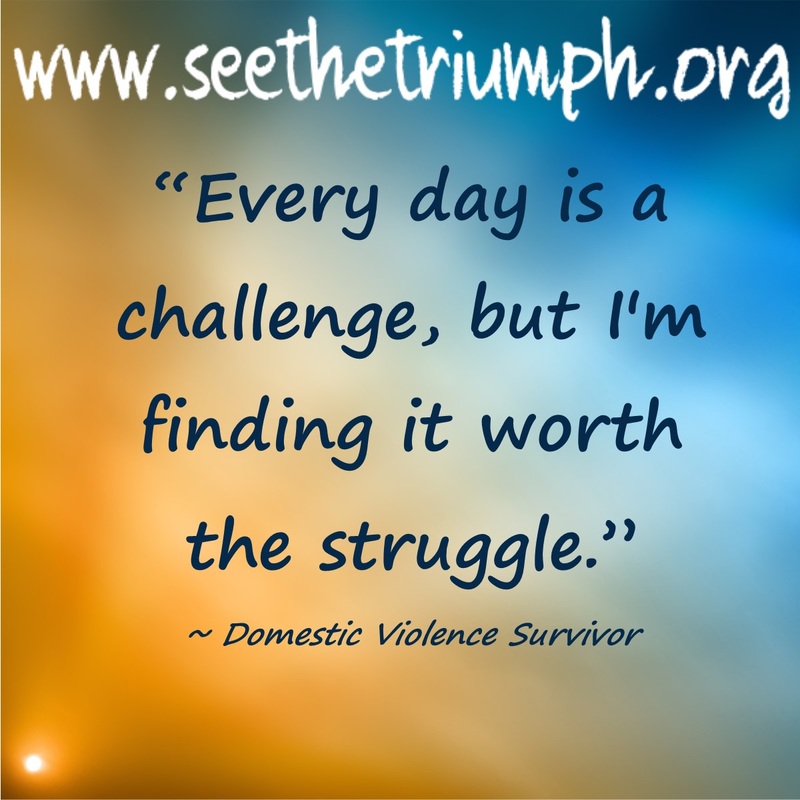

 RSS Feed
RSS Feed